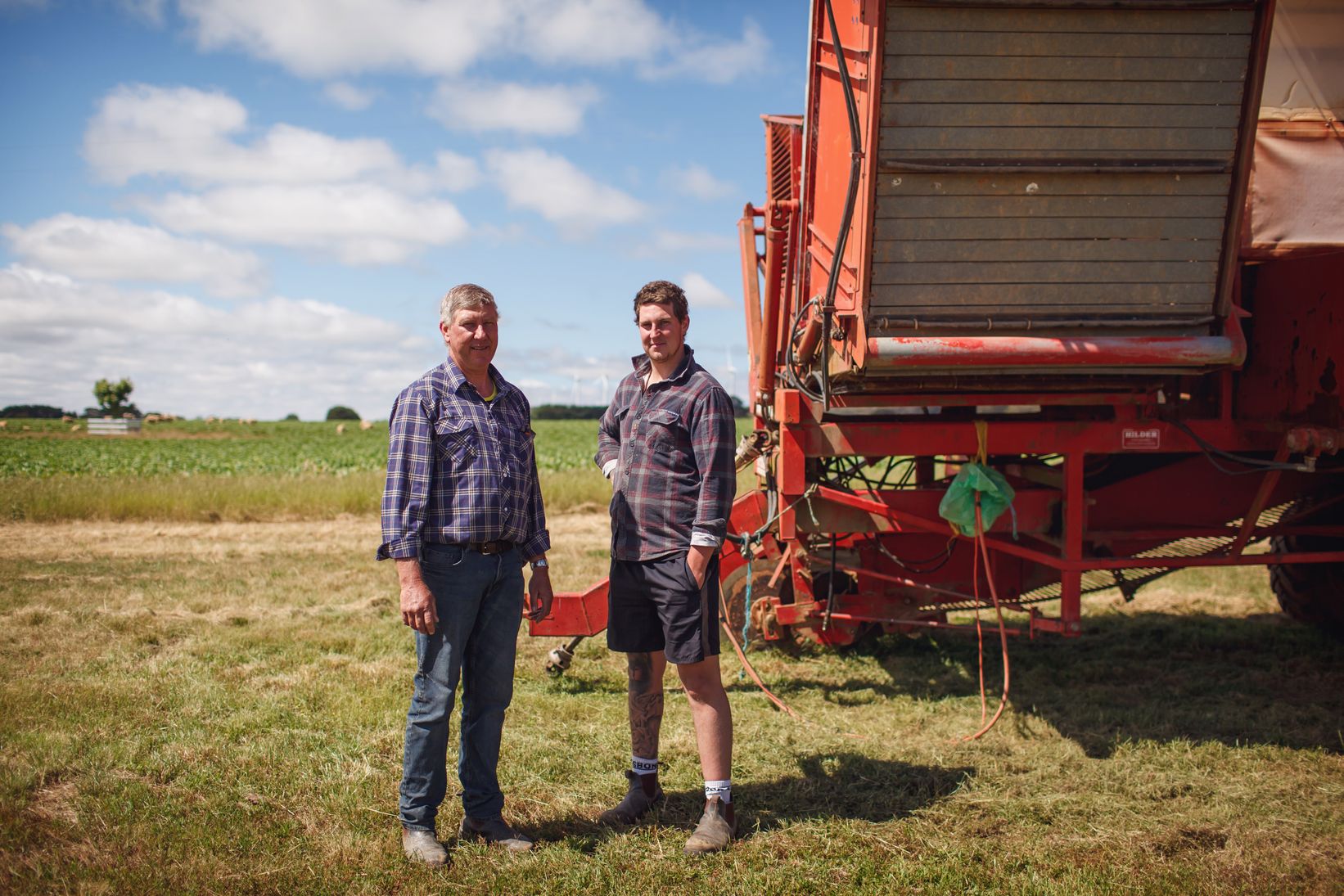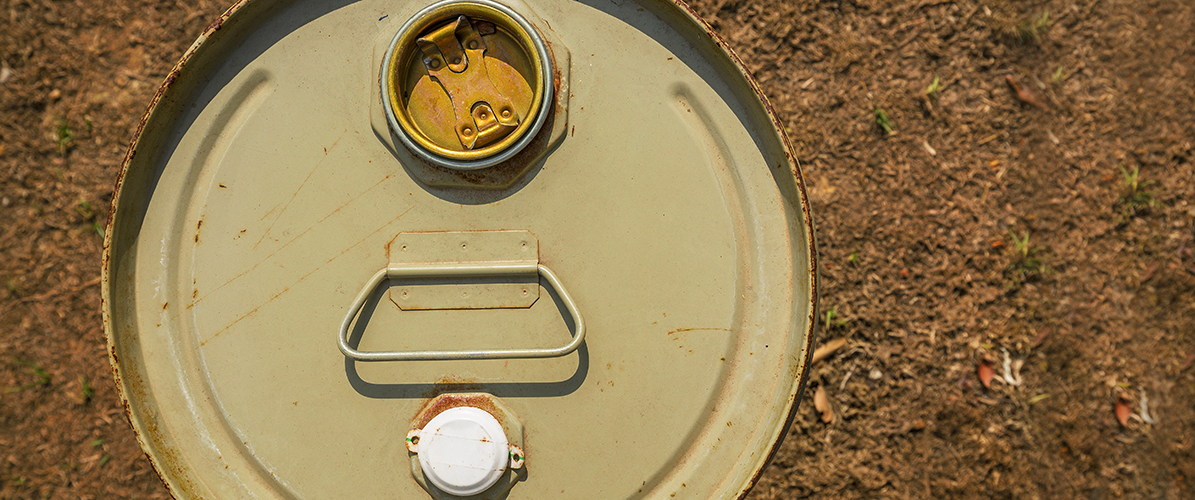
VegPRO chemical handling for vegetable growers workshops (SA + TAS)
8 February 2018
Introduction to exporting vegetables workshop (Pooraka, SA)
9 February 2018Christopher Gay is a 26-year-old grower from Valleyview in Crookwell, New South Wales. We profiled him in the February/March 2018 edition of Potatoes Australia magazine.
Fast facts
Name: Christopher Gay
Location: Crookwell, New South Wales
Works: Valleyview
Grows: Potatoes
How did you first become involved in the potato industry?
I’ve been a part of the farm on and off for most of my teenage years, helping dad (Matthew) when needed but have been permanently on the farm for two years.
What does your role in the business involve, and what are your responsibilities?
My role involves anything to do on the farm such as fencing, ploughing, feeding stock and managing stock through to planting, harvesting and grading potatoes.
What do you enjoy most about working in the potato industry and how do you maintain your enthusiasm?
I enjoy the satisfying feeling of helping put good produce into the community; a good crop of potatoes is rewarding especially knowing how much hard work goes into the potato crop, which also keeps my enthusiasm up.
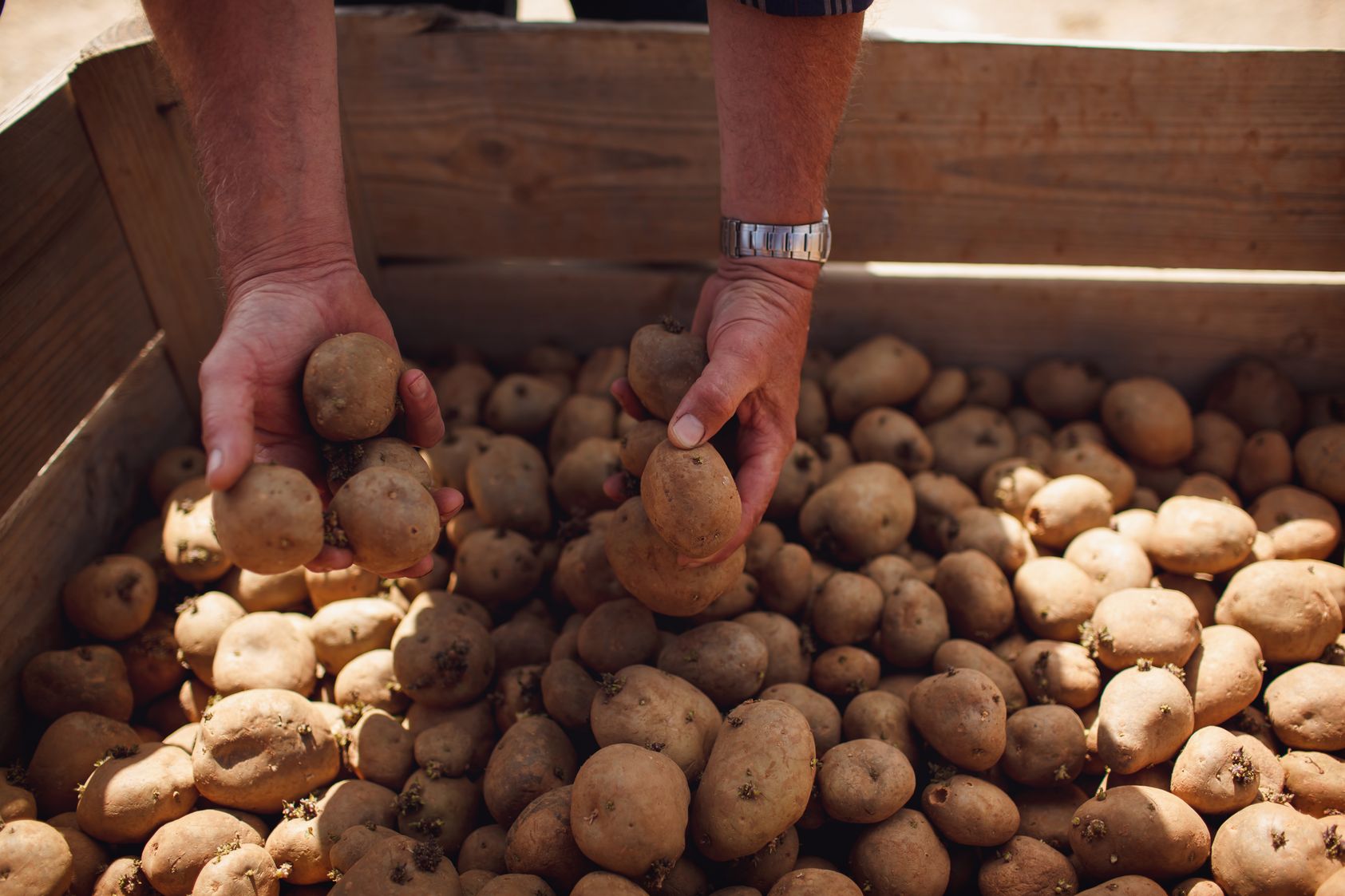
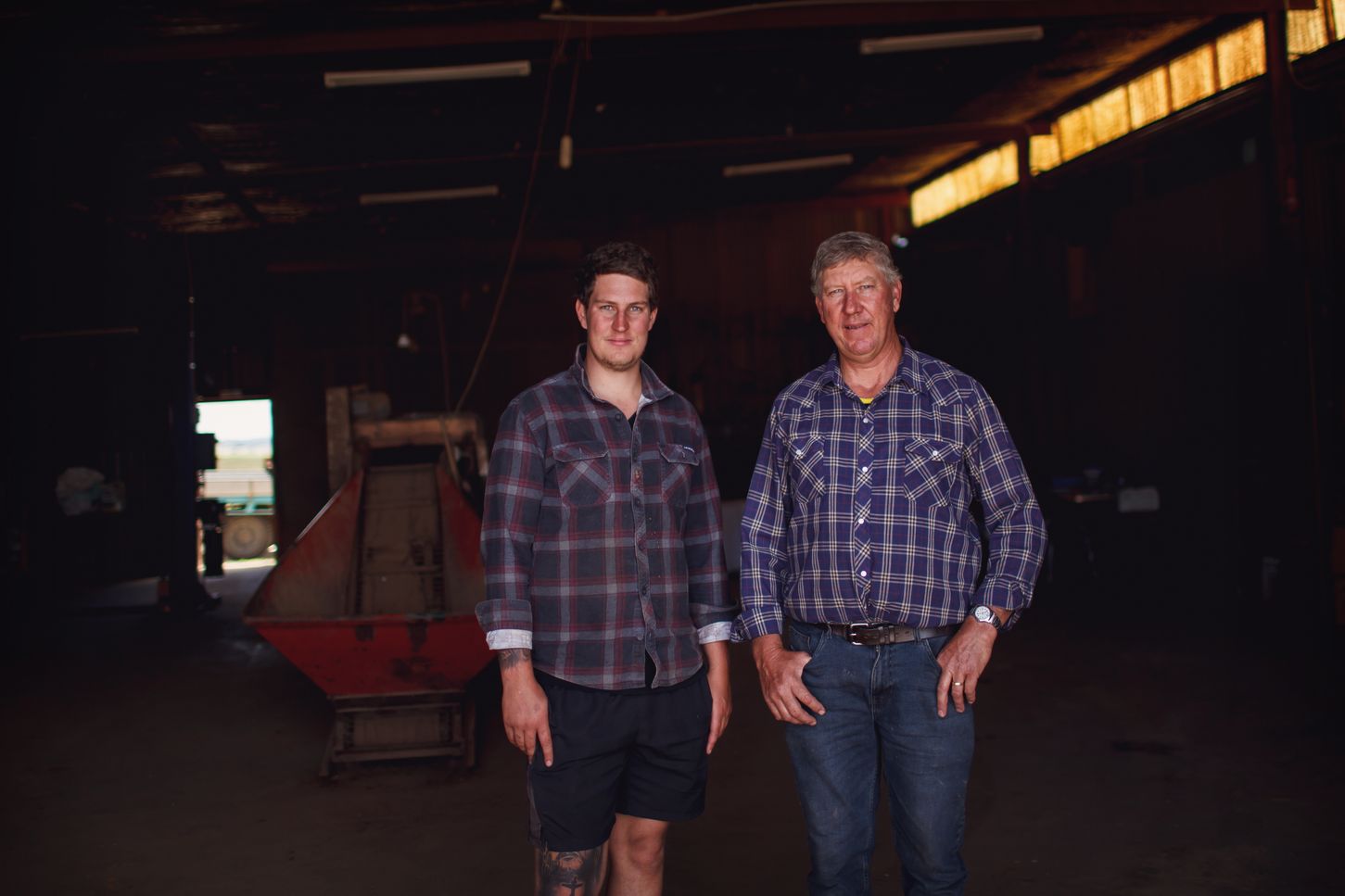
What are the biggest challenges you face working in the industry, and how do you overcome them?
Mother Nature! It’s the biggest challenge. There isn’t much you can do except have steps in place for any sort of weather change. We are looking at more intensive ground preparation when the conditions are suitable; this helps make sure we can get the crop in when we want. It has been noticed by both myself and my father that over the last number of years, the weather is longer in its pattern change. In our area, it has prolonged dry events followed by a moderate to extreme wet period. So our strategy is that we are ready to act with man and machine to utilise good soil conditions whenever they become available.
Looking at the future challenge of renewing and maintaining machinery is also a bit concerning, but my background as a boiler-maker is very handy in the maintenance side of things.
Where do you receive your on-farm practice advice and information from?
I receive most of my information and practice from my Dad and also from other local growers, not to mention the internet and Potatoes Australia.
"I enjoy the satisfying feeling of helping put good produce into the community; a good crop of potatoes is rewarding, especially knowing how much hard work goes into the potato crop, which also keeps my enthusiasm up."
In your opinion, what areas of research are important to the potato industry and your business?
It would be great to see research into potato variety specification; that is, research into getting older, traditional varieties to perform like the new varieties. This would suit our eastern seaboard market and promote more sales for the older varieties that we feel cook and taste better, but can’t match it with the yield or growing speed of the new varieties.
What new innovations, research and/or practices has your business implemented recently?
We have been running trials with in-furrow spray application and trying to improve tuber numbers. Selling oversize potatoes in paper bags and smaller lots while attending farmers’ markets has helped with value-adding to our business as well.
Where do you see important opportunities for growth in the Australian potato industry?
I think that talking to consumers about eating potatoes and their cooking quality is most important. They love the traditional varieties and they seem to be making a comeback in the commercial industry, so pushing forward with new traditional strains could be a growth opportunity.
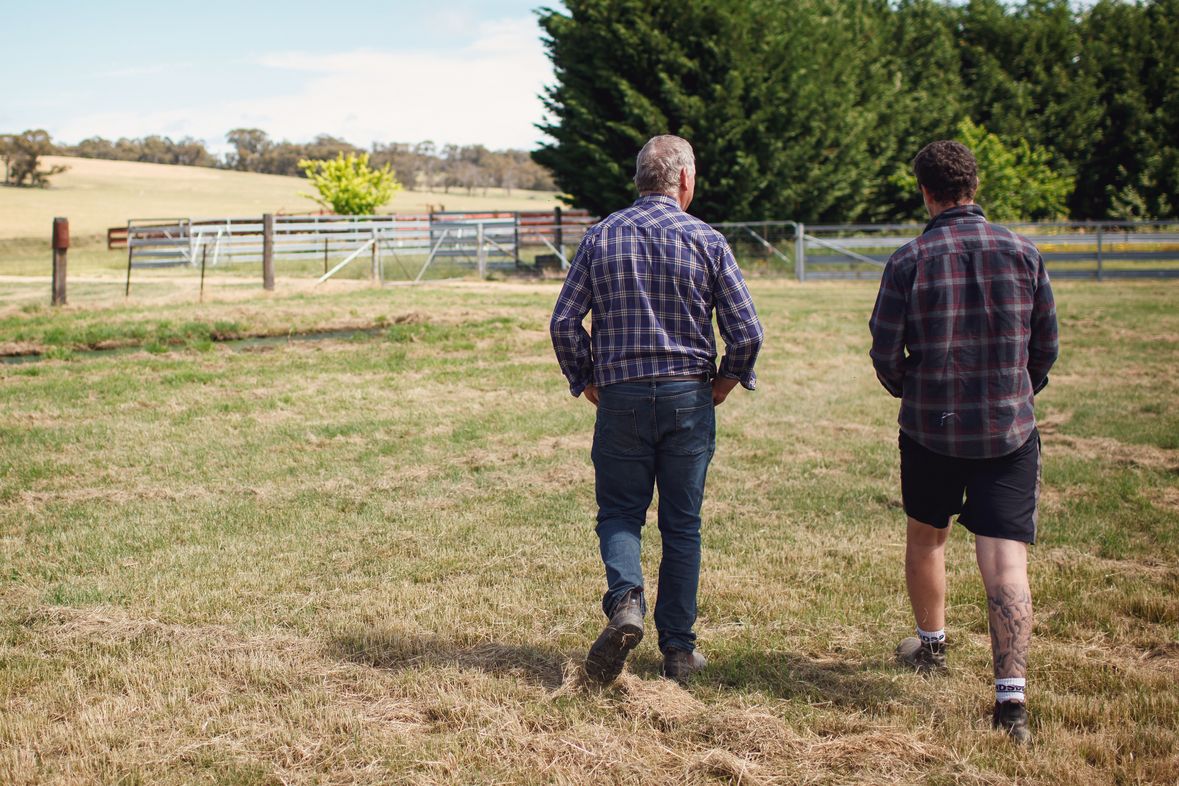
Where do you see yourself in five years?
Hopefully still running the farm with more responsibilities. My father has always encouraged me to have appropriate plans in place to ensure the ongoing viability and sustainability of the farm into the future.
These future plans revolve mainly around soil health. We are currently undertaking a more scientific approach to this to ensure the higher productivity that we need to help us maximise our profits. At the end of the day, we all want to make money, so if our soil is not healthy then the system is straight away let down. I would also be keen to expand the area of our farm, but land prices are making that part difficult.
How do you think more young people could be encouraged to study and take up jobs in the potato industry?
I think the government should get behind the farmers/potato industry more to encourage young people to get on board with benefits. I feel that farming and horticultural endeavours such as potato farming should be recognised as a trade. With other trades you get paid while you learn, and the government subsidises ‘Tools of the Trade’ and gives financial help to the employer. This would entice farmers to employ people, especially family members, knowing that there is a real future there with government help and recognition in the workforce. If the government does not go down this path soon, most young people will continue to obtain other careers that will keep them away from the land.
This grower profile first appeared in the leading magazine for the Australian potato industry, Potatoes Australia. If you’d like to subscribe to receive a new edition of Potatoes Australia in your mailbox every two months, use our online subscription form!
Photo credit: Kim Shirley

